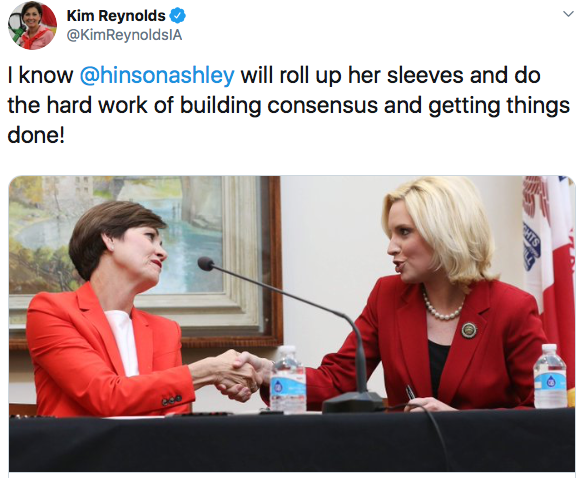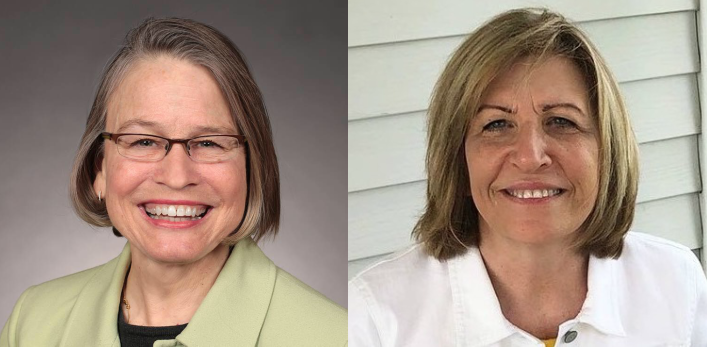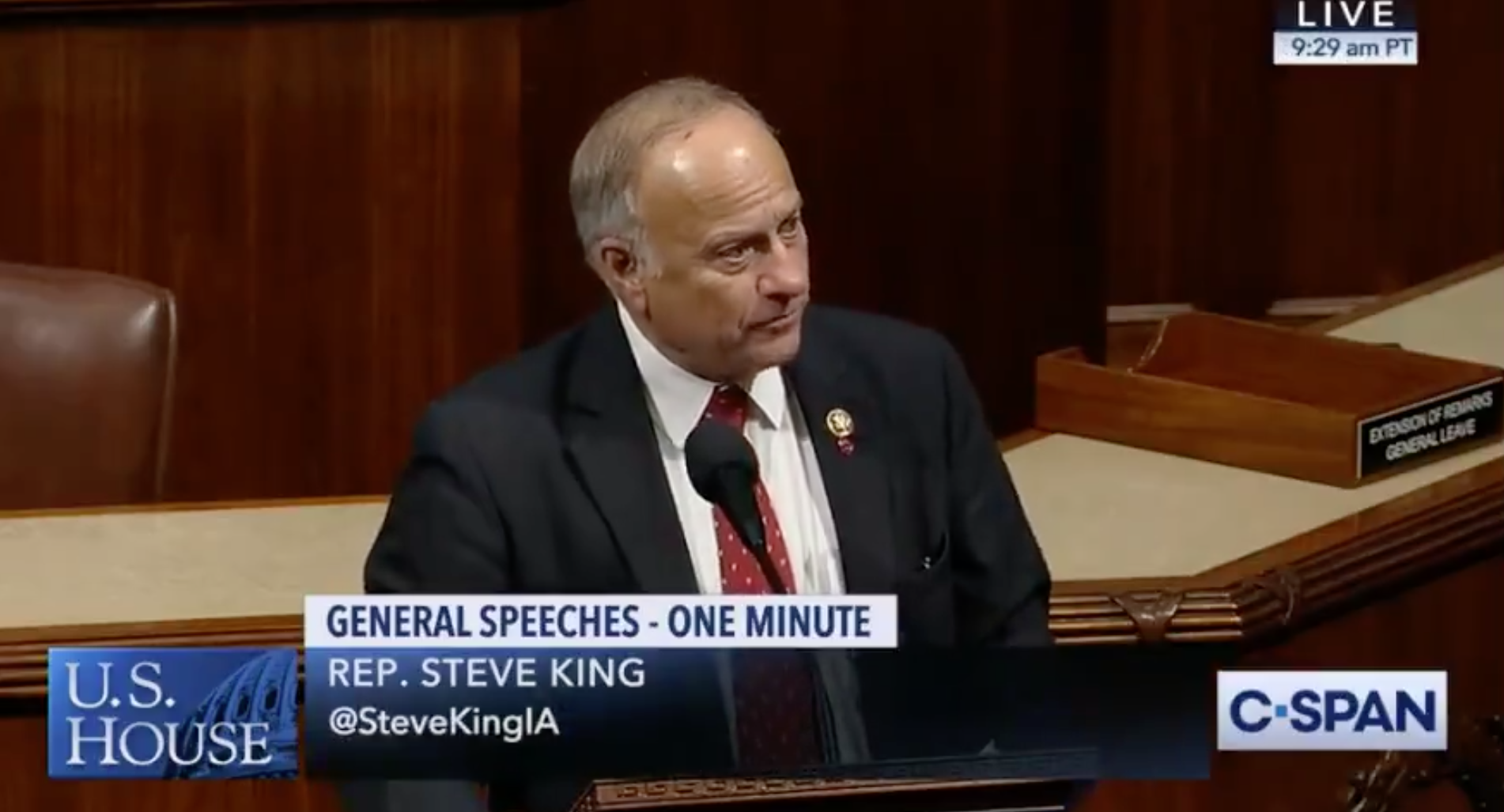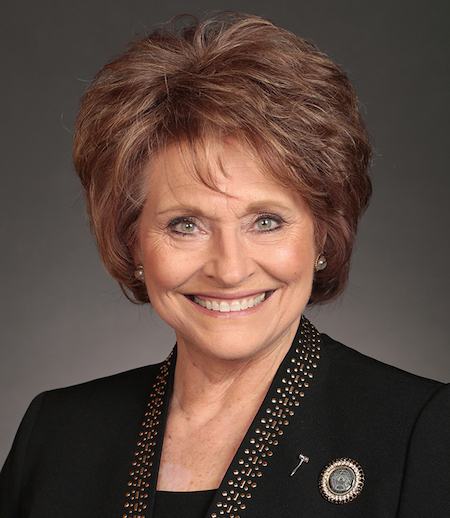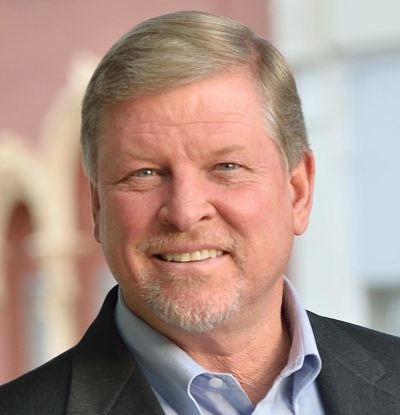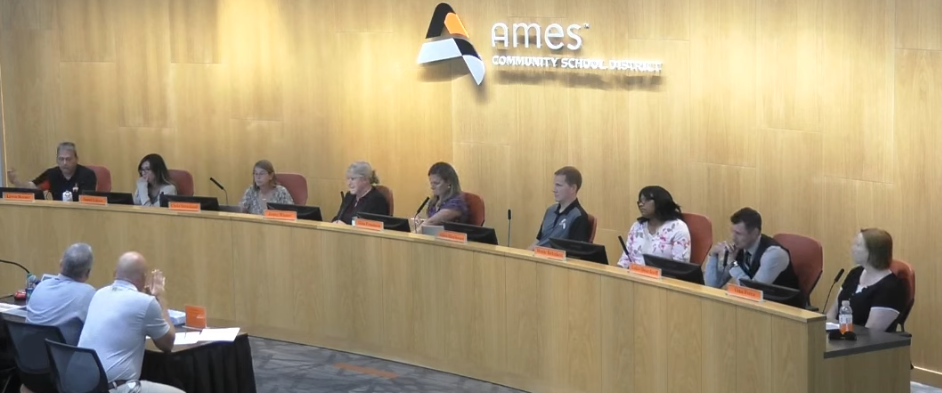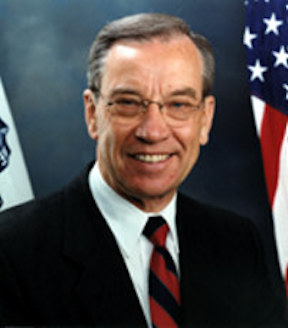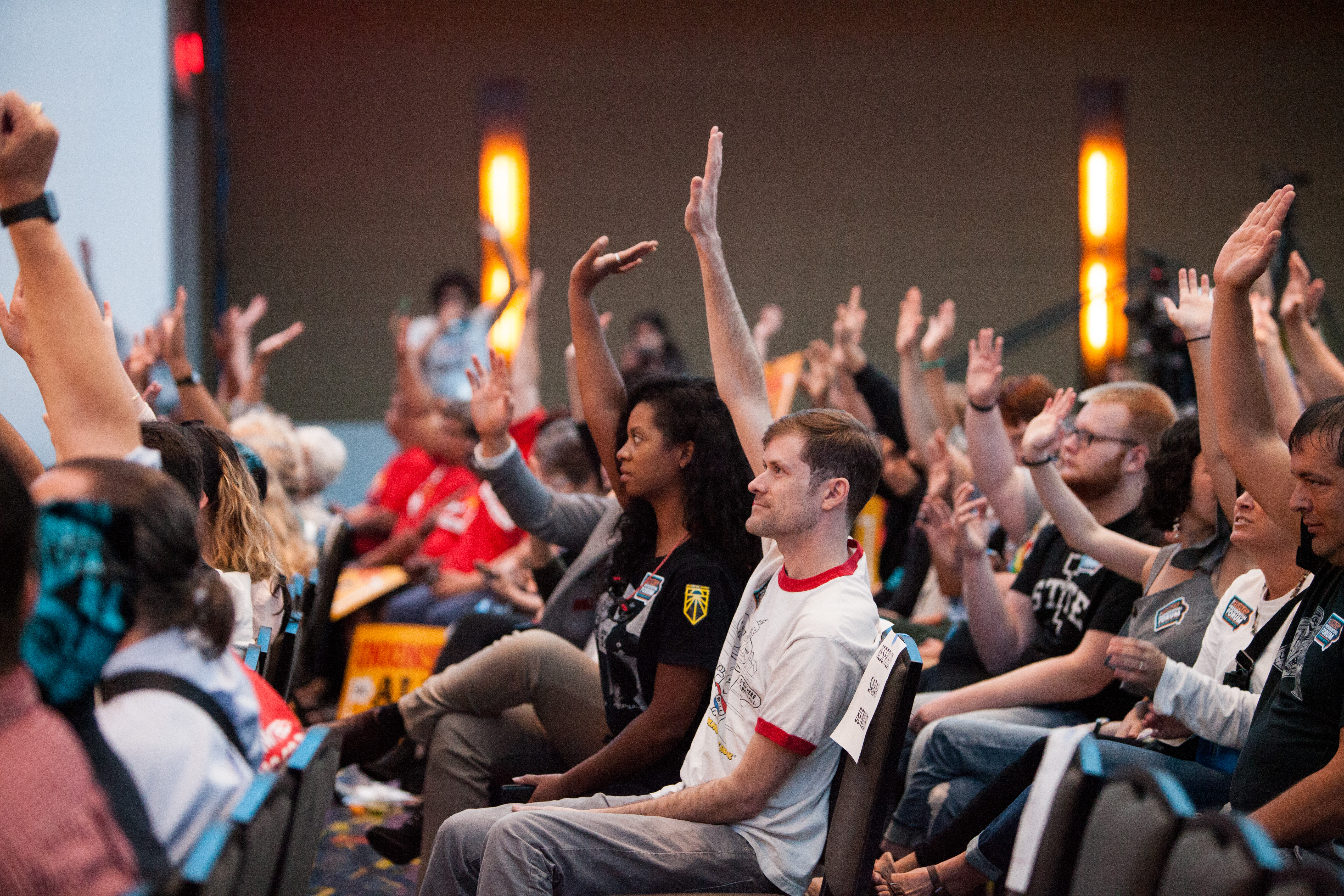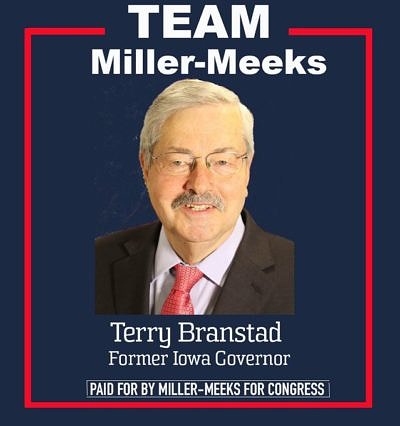UPDATE: Breitbach announced on February 10, 2020 that he will retire. State Representative Michael Bergan is expected to run in Senate district 28 rather than for re-election in House district 55, but he has not clarified his plans. LATER UPDATE: Bergan will run for the House again. Spillville Mayor Mike Klimesh will seek the GOP nomination in the Senate race. I’ve added background on him below.
A few words about the title: Republican State Senator Michael Breitbach has told some constituents and people connected to the legislature he does not plan to seek a third term in 2020. So Matt Tapscott may end up running for an open Iowa Senate seat.
In response to Bleeding Heartland’s inquiry, Breitbach commented via e-mail on October 14, “There is plenty of time for me to make my decision whether to run again in 2020. I was very happy with the support I received in my last election and I feel I have been successful during my time in the Senate.”
Having covered the Iowa legislature for more than a decade, I’ve learned to be skeptical about retirement rumors. Party leaders have a way of talking reluctant incumbents into seeking re-election. Breitbach has good committee assignments; not only does he chair the Senate Appropriations Committee, he also serves on the Commerce and Transportation panels.
So until Breitbach publicly announces he’s done, I assume he will be on the ballot next November in one of eighteen Iowa Senate districts where voters favored President Barack Obama in 2012 and Donald Trump in 2016.*



